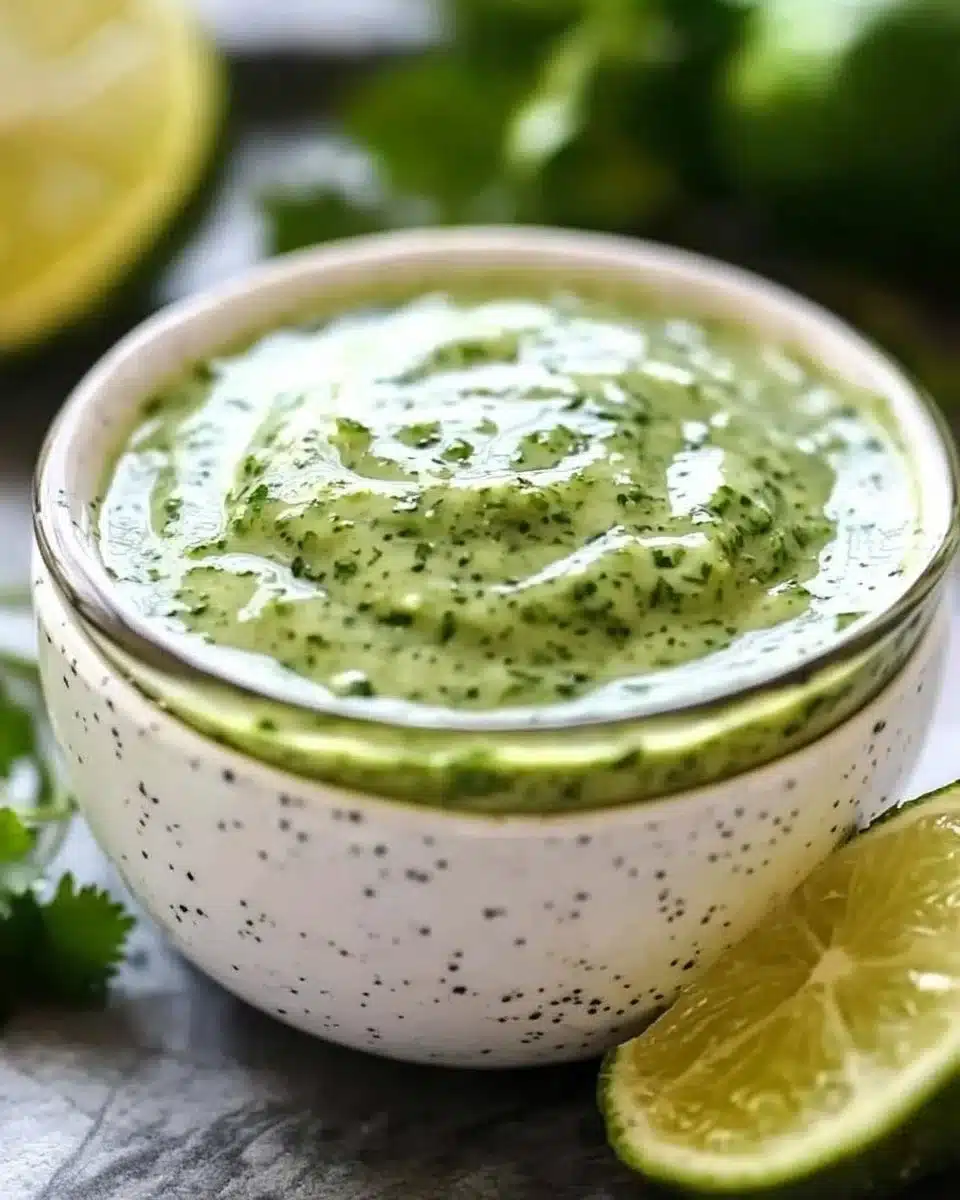Chronic inflammation is one of those hidden issues that can slowly wear down your health over time. It’s linked to conditions like heart disease, arthritis, digestive problems, and ongoing fatigue. But here’s the good news—your daily choices can make a real difference. With a few intentional lifestyle habits, you can help your body cool the internal fire and feel more balanced and energized.
In this guide, we’re focusing on what works: practical, science-supported strategies that reduce chronic inflammation naturally. From what you eat to how you sleep and move, these steps are simple enough to start today—yet powerful enough to support long-term health.
Let’s begin with one of the most impactful habits: movement.
Lifestyle Habits to Reduce Chronic Inflammation with Exercise & Movement
How Aerobic Activity Reduces Inflammatory Stress
Getting your heart rate up does more than help you stay fit—it actively fights inflammation. Regular aerobic exercise improves blood flow, which helps deliver oxygen and nutrients to tissues that need healing. Studies show that moderate cardio reduces levels of C-reactive protein (CRP), a key marker of chronic inflammation.
Walking briskly, cycling, swimming, or even dancing for 30 minutes a day can help regulate inflammatory pathways. You don’t need an expensive gym membership—consistency matters more than intensity. And if you’re new to exercise, start small. A 10-minute walk after meals is a great way to begin.
Building Strength to Support Long-Term Health
Strength training isn’t just for athletes or bodybuilders. It plays a major role in controlling inflammation by improving muscle mass, supporting insulin sensitivity, and stabilizing metabolism. When your muscles are strong, they help regulate how your body processes sugar and fats—two things closely linked to inflammatory reactions.
Just two or three strength workouts each week can have a real impact. Simple bodyweight exercises like squats, push-ups, or resistance band routines done at home are effective. Over time, you’ll notice improved energy, better posture, and less joint pain—all signs that your body is managing inflammation more efficiently.
Lifestyle Habits to Reduce Chronic Inflammation Through Diet & Anti-Inflammatory Foods
Best Foods to Include in an Anti-Inflammatory Diet
Your food choices can either trigger inflammation or help ease it. Whole, nutrient-dense foods provide the antioxidants and healthy fats your body needs to repair itself. Leafy greens like spinach and kale, berries packed with polyphenols, and omega-3-rich fatty fish such as salmon and sardines all fight inflammatory stress at the cellular level.
Don’t underestimate herbs and spices either—turmeric, in particular, has been shown to reduce inflammation thanks to its active compound, curcumin. Pairing it with black pepper helps your body absorb it more efficiently. Olive oil, nuts, seeds, and green tea also support inflammation regulation through their healthy fats and phytochemicals.
Focusing on a variety of colors and plant-based ingredients ensures you’re getting a wide range of protective compounds. Think of your plate as your daily medicine cabinet.
Inflammatory Foods to Limit or Avoid
Just as some foods support healing, others do the opposite. Highly processed products often contain trans fats, refined sugars, and additives that trigger inflammatory responses. Fried foods, sugary beverages, and excessive alcohol create the kind of internal environment that makes chronic inflammation worse.
It’s also wise to limit red and processed meats and watch for refined grains that lack fiber. These foods can interfere with blood sugar stability and gut balance—two factors tightly linked to inflammation.
If you’re looking to reduce inflammation through food, here’s a quick visual guide to help you identify what to include and what to limit:
| Anti-Inflammatory Foods | Inflammatory Foods |
|---|---|
| Leafy greens | Processed meats |
| Berries | Sugary sodas |
| Olive oil | Deep-fried foods |
| Fatty fish | Refined carbs |
| Nuts and seeds | Artificial sweeteners |
Lifestyle Habits to Reduce Chronic Inflammation by Prioritizing Sleep and Mental Well-Being
How Sleep Restores the Body and Lowers Inflammation
Quality sleep is one of the most underrated tools for managing chronic inflammation. During deep rest, your body repairs cells, balances hormones, and resets immune responses—all of which are critical in calming inflammatory processes.
When sleep is poor or inconsistent, cortisol levels can spike, blood sugar regulation falters, and your body may remain in a state of low-grade inflammation. Research shows that adults who get less than 6 hours of sleep per night are more likely to have elevated levels of CRP (C-reactive protein), a key inflammation marker.
The good news? You can improve sleep by making small but powerful adjustments to your routine.
Stress Management: Meditation, Breathwork, and Simple Habits
Chronic stress acts like a slow drip of inflammation into your system. It keeps your nervous system in “fight or flight” mode, which raises levels of stress hormones like cortisol and adrenaline—both of which are linked to increased inflammation over time.
Mind-body practices like meditation, deep breathing, and gentle movement (like yoga or stretching) signal your body to shift into a calmer, healing state. Just five minutes of focused breathwork or quiet time can lower your heart rate and reduce tension.
Daily habits make a difference too. Journaling before bed, spending time in nature, listening to calming music, or doing something creative can soothe your nervous system. Reducing stress isn’t about perfection—it’s about building regular moments of calm into your day.
Healing Lifestyle Habits, Medical Guidance & Daily Integration
Avoiding Smoking, Supporting Gut Health, and Maintaining Weight
Some of the biggest inflammation triggers are also the most common habits. Smoking, for instance, floods your body with harmful chemicals that damage cells and keep your immune system on constant alert. Quitting smoking is one of the fastest ways to reduce overall inflammatory load.
Alcohol in excess can also disrupt gut health and liver function—two systems closely tied to inflammation. While moderate intake (like a glass of red wine with dinner) may not be harmful, cutting back significantly helps your body regain balance.
Speaking of the gut, what you feed it matters. A fiber-rich diet made up of whole grains, legumes, fruits, and vegetables supports beneficial gut bacteria, which in turn helps regulate inflammation. Keeping a stable, healthy weight also lowers strain on joints, blood vessels, and metabolism—all inflammation-sensitive areas.
When to Seek Professional Help
If you’ve adopted healthier habits but still deal with fatigue, joint pain, swelling, or brain fog, it’s time to speak with a healthcare provider. Chronic inflammation can be subtle, but when it doesn’t respond to lifestyle changes, it may point to underlying conditions like autoimmune disorders, thyroid issues, or hidden infections. To learn more about the root causes, signs, and when to test, read our in-depth guide: What Is Chronic Inflammation? for a clearer understanding of what your body may be signaling.
Tests such as CRP levels, ESR (erythrocyte sedimentation rate), or a full metabolic panel can give helpful insights. A professional can guide you toward the right diagnosis and create a tailored treatment plan, combining lifestyle with medical support.
Bonus: Daily Routine Tips to Reduce Inflammation
- Interrupt long sitting stretches by standing or walking each hour.
- Prep anti-inflammatory meals in advance to avoid reaching for ultra-processed foods.
- Start your morning with gentle movement and wind down with calm, screen-free time.
FAQs: Lifestyle Habits to Reduce Chronic Inflammation
What foods reduce inflammation fast?
Foods like turmeric, berries, fatty fish, and leafy greens are rich in anti-inflammatory compounds. Adding these to your meals regularly can help calm inflammation naturally.
How much sleep do I need to reduce inflammation?
Most adults need between 7–9 hours of quality sleep per night. Consistent, restful sleep allows your body to regulate immune activity and reduce stress hormones.
Can exercise help with chronic inflammation?
Yes. Both aerobic activity and strength training have been shown to lower inflammatory markers. Aim for a mix of movement throughout the week to support your body.
What are the signs of chronic inflammation?
Common signs include fatigue, joint or muscle pain, digestive issues, brain fog, and skin flare-ups. If symptoms persist despite healthy changes, consult a healthcare provider.
How do I know if my lifestyle is causing inflammation?
Unbalanced eating, poor sleep, high stress, and inactivity can all contribute. If you notice frequent low energy, aches, or bloating, it could be linked to lifestyle-driven inflammation.
Can stress really make inflammation worse?
Absolutely. Chronic stress keeps your body in alert mode, raising cortisol and other hormones that drive up inflammation levels over time.
Final Thoughts
Chronic inflammation doesn’t happen overnight—and reversing it takes consistent, caring attention. Fortunately, your everyday habits have the power to shift the balance. By choosing nutrient-dense foods, moving your body regularly, prioritizing sleep, and finding moments of calm, you create space for healing and energy.
Start where you are. Small changes—like swapping soda for herbal tea or walking after lunch—can build momentum. Pay attention to how your body reacts and make small changes as needed.
If symptoms linger or intensify, always check in with a qualified professional. Sometimes inflammation needs extra support.
⚠️ Disclaimer
This content is meant for general information and isn’t a replacement for medical advice. Always consult a licensed healthcare provider for personal health concerns.














1 thought on “Lifestyle Habits to Reduce Chronic Inflammation: 7 Science-Backed Strategies for Lasting Wellness”